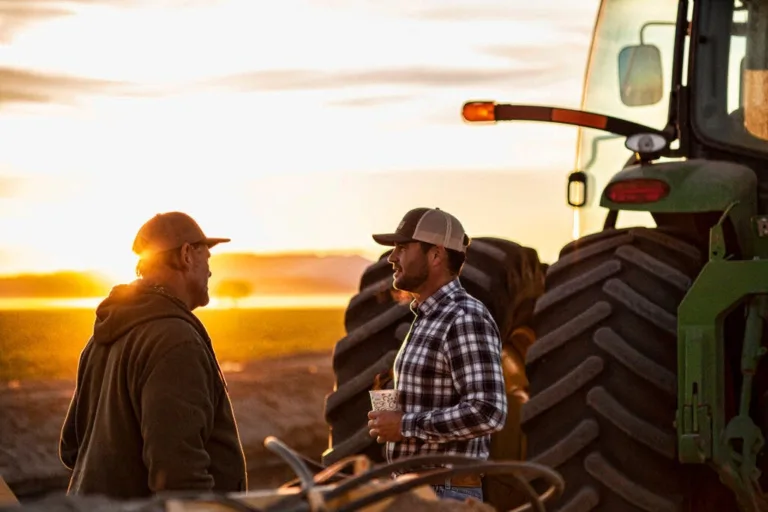- Wine 101: Valdiguie
- Exploring Herradura Reposado’s Rich Legacy and Versatility: How Top Bartenders Embrace This Cool-Weather Favorite
- Eminent Greek winery founder dies aged 82
- Sherry Week celebrates gastronomic potential of historic wines
- Oltrepò Pavese: A wine lover’s guide
- Ottella Winery: Where Innovative Design Meets the Heart of Italian Wine Culture
Why did the Texas winery, the bottle shop, and the out-of-state wine producer walk into a bar together? Unfortunately, it’s not a joke. Because they all held the same Winery Permit (G), even though their operations differed vastly. The Texas winery cultivated local grapes, the bottle shop sold wines nationwide without growing a single vine, and the out-of-state producer marketed wines from different regions (even countries) than Texas. It’s a classic case of “same permit, different realities” under the Texas Alcoholic Beverage Commission (TABC) regulations. This Winery Permit (G) allows holders to manufacture wine, self-distribute to retailers, and sell directly to consumers, regardless of whether they actually produce wine or just bottle and sell wine made elsewhere.
While they might not share the same roots or even the same soil, in the eyes of the TABC, they’re all part of the same regulatory vineyard. It makes you wonder if the law needs a new vintage to distinguish between these very different types of wine businesses.
The story behind this law and its implications for Texas growers and wineries is complex. So complex that the Texas Legislature directed the Texas Alcoholic Beverage Commission (TABC) to conduct a study on winery permits in 2024. This study was focused on examining the privileges granted to winery permit holders, including those who don’t grow grapes or manufacture wine themselves. Organizations that represent wineries, distilleries and breweries were invited to comment.
The Texas Wine Growers did exactly that. Their
This Article was originally published on Dallas Wine Chick






